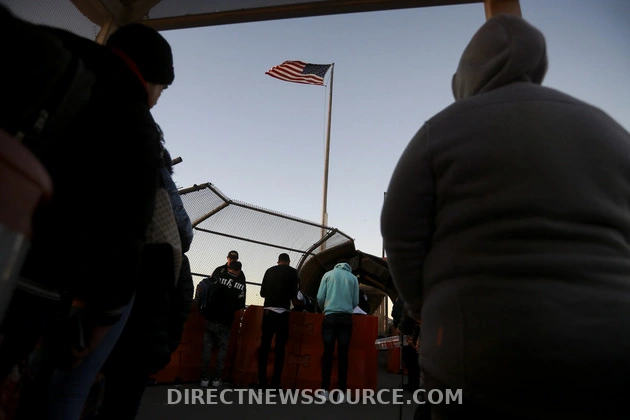
Democratic-led States Still Facing Challenges in Housing Migrants
Democratic-led states are still navigating the complexities of housing migrants, even as the initial surge of border crossings has subsided. In cities like Chicago, New York, and Boston, the influx of asylum seekers presented significant challenges, leading to creative solutions and ongoing debates.
The Persistent Issue of Housing
More than a year ago, the rapid increase in asylum seekers prompted urgent responses from local governments. From makeshift accommodations in police stations to controversial proposals like housing migrants on a barge, Democratic leaders faced pressure to find sustainable solutions.
With the transition to a new administration, the focus has shifted to the potential impact of deportation policies on migrant communities. The tension between federal and local approaches to immigration enforcement continues to shape the landscape of migrant housing.
Progress and Remaining Challenges
While some cities have made strides in providing alternative housing options and managing costs, the underlying issues persist. Massachusetts and New York have grappled with budget constraints and the closure of temporary shelters, highlighting the ongoing need for long-term solutions.
In Chicago, the merger of migrant and homeless shelters reflects a broader effort to streamline services, but concerns remain about the capacity to support both populations effectively.
Looking Ahead
As policies evolve and funding priorities shift, the future of migrant housing remains uncertain. Advocates emphasize the importance of balancing fiscal responsibility with compassion for vulnerable populations, urging policymakers to consider the long-term impact of their decisions.
By addressing the immediate challenges of housing migrants while also planning for sustainable support systems, Democratic-led states can navigate the complexities of migration with resilience and empathy.















